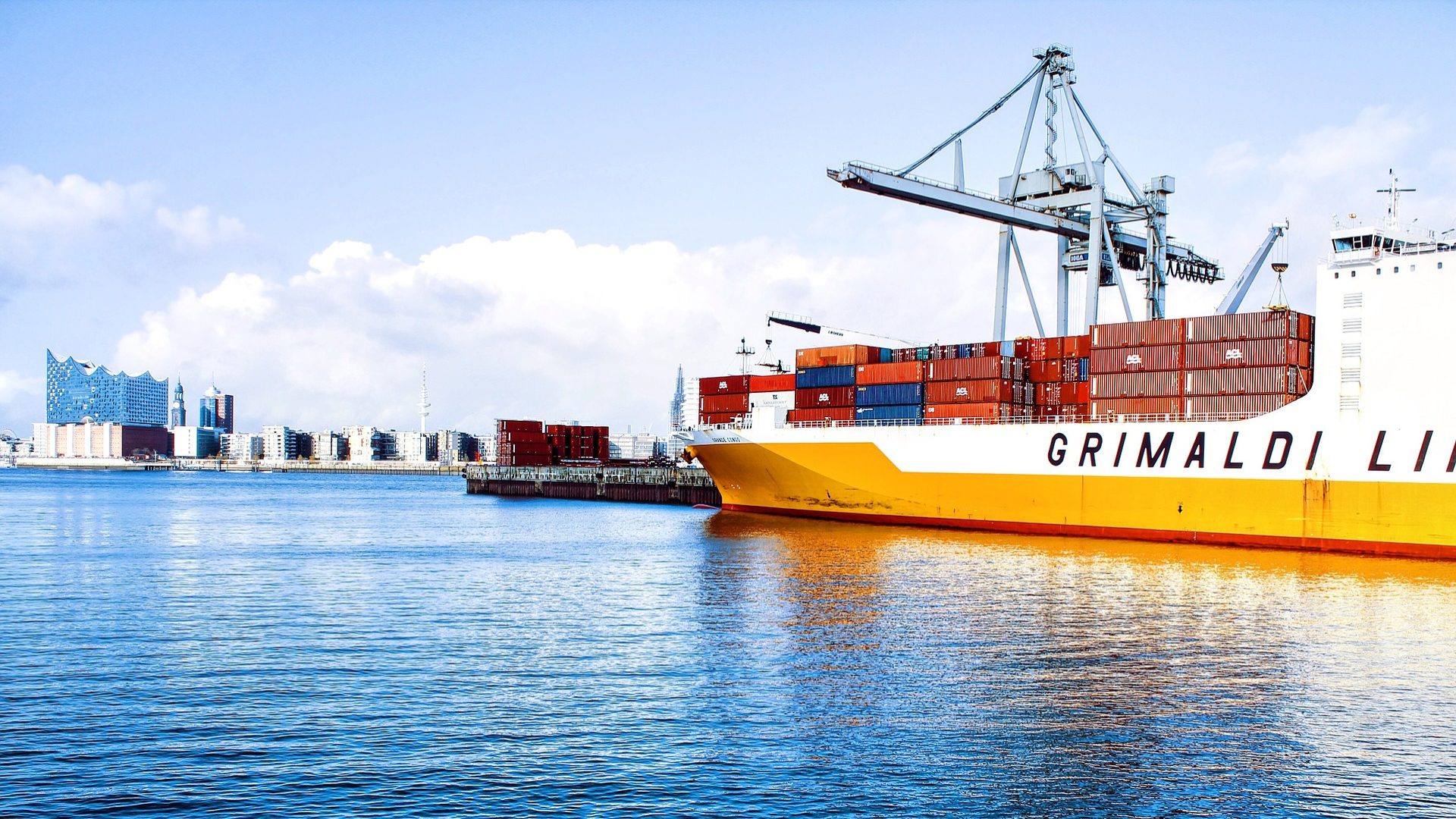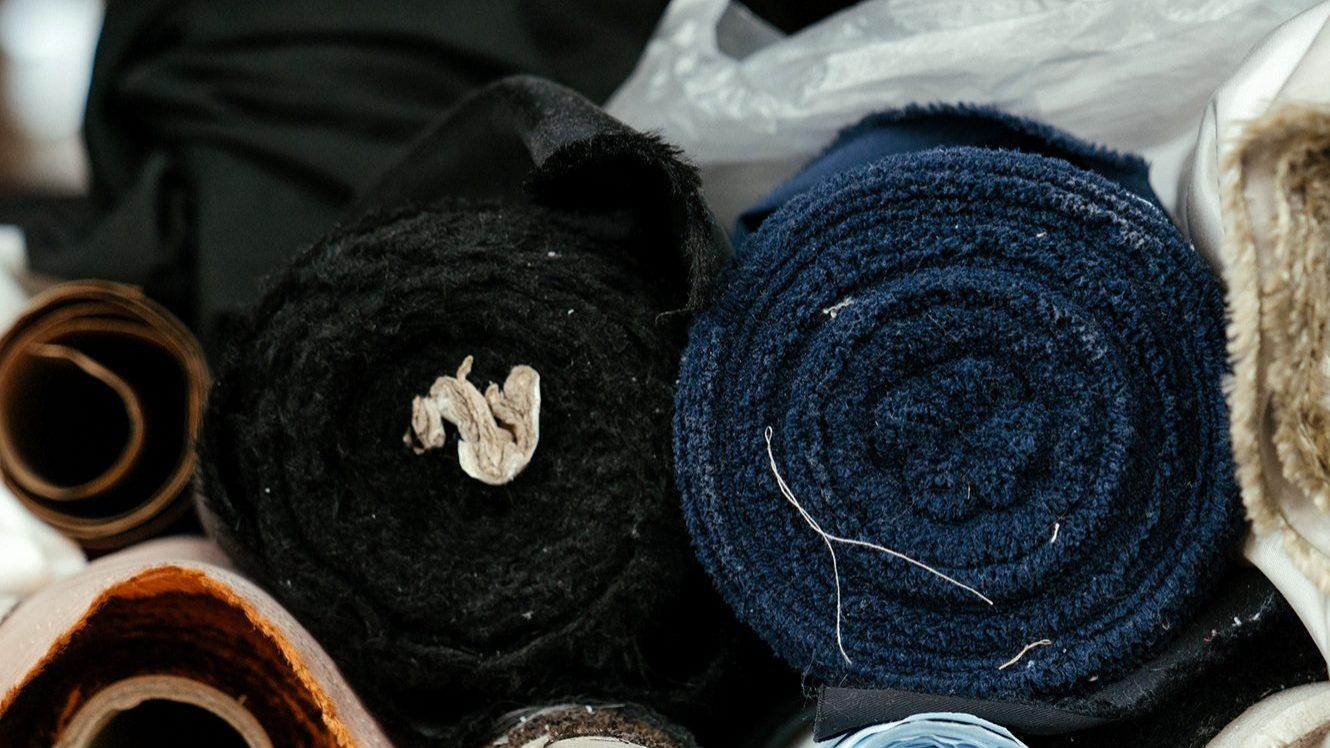‘Best year ever’ for olive oil from N. East region due to increase in demand
Trás-os-Montes is the second largest producer of olive oil, after the Alentejo. Is having the "best year ever" in terms of production.
Olive oil from the Trás-os-Montes region in north eastern Portugal is having “the best year ever” with an increase in demand that the sector organizations attribute to changes in consumer habits resulting from the lockdown imposed by the pandemic.
People stayed at home and started cooking their own meals, where olive oil gained space at the table, with an increase in demand worldwide of 6%, which was also reflected in the demand for traditional transmontano olive oils.
“We have never had such a good year”, guaranteed to Lusa Artur Aragão, from Casa Aragão, in Alfândega da Fé, Bragança district, the second largest olive oil mill of Trás-os-Montes, after Valpaços.
In the latest harvest, this company produced 1.2 million litres of olive oil from the 1,300 or so farmers it works with and still had to purchase another 500,000 litres to meet demand.
From 2019 to 2020, it recorded an increase in sales of 23% and by 30 April 2021 it had already exceeded the 1.7 million euros invoiced in 2020, with a 25% increase on the whole of the previous year.
“People were at home, had time to cook, to worry about their health and chose the best products”, in addition to the fact that “there was also the care that people started buying Portuguese products”.
In what the sector calls the “Eureka channel”, that is, restaurants, olive oil sales fell to ” marginal amounts, however, in terms of consumption through supermarkets, there was a very, very large increase”.
The Portuguese market represents only “10%” of the turnover of this company which exports the majority of its olive oils to countries from Brazil to Japan, and the European Union, and which has conquered new markets like Kosher (Jewish) and is preparing to enter the Halal (Muslim) market.
Casa Aragão has a closer relationship with Brazil, which has opened doors to new clients, and has led to the creation of a group of organic producers in Alfândega da Fé, with 54 producers who are worth as much as 40 cents per litre of olive oil in relation to other markets.
At “press time” in the middle of the harvest, the company adds “another seven or eight” workers to its 11 permanent jobs, and has been noted for the international prizes it has won – 18 this year alone in international competitions in Italy, New York and Japan.
It has already won the innovation prize with its olive oil powder, the best biological olive oil in the world with its olive oil for children and, amongst its range of products, it has the curiosity of olive oil with gold.
“The olive oil from Trás-os-Montes is unique, if we look at the international awards, those that Portugal wins, the vast majority is olive oil from Trás-os-Montes,” Artur Aragão stressed.
As he pointed out, “these oils are completely unique and always different from year to year, due to the characteristics of the olive grove, the climate, the ruggedness of the land, the more schist type of terrain and the mix of varieties of olives”.
Trás-os-Montes is the second largest producer, after the Alentejo.
Luís Rodrigues, president of the Agricultural Cooperative of Macedo de Cavaleiros explained that olive oil continues to be sold to the domestic market, mainly in five-litre bottles, and also in bulk to the Portuguese brands that dominate the market.
“As long as we maintain our quality, we have the olive oil sold”, he stressed, leaving, however, a warning about the risk of the region reaching a point of not having people to continue this quality product.
The average age of the 1.700 members is 60 years old, and Luís Rodrigues warns that “if there are no incentives for young people to stay in agriculture, this will end”.
“Either we find a way for our governments to give support and keep young people in agriculture and in Trás-os-Montes, or else there is no point in paying us to modernise mills, or structures, because when there is abandonment, there is no product”, he stressed.

